Switch vs. 3DS: Which Nintendo Console Is For You?
Choosing between Switch and 2DS or 3DS? Here's how Nintendo's consoles stack up.
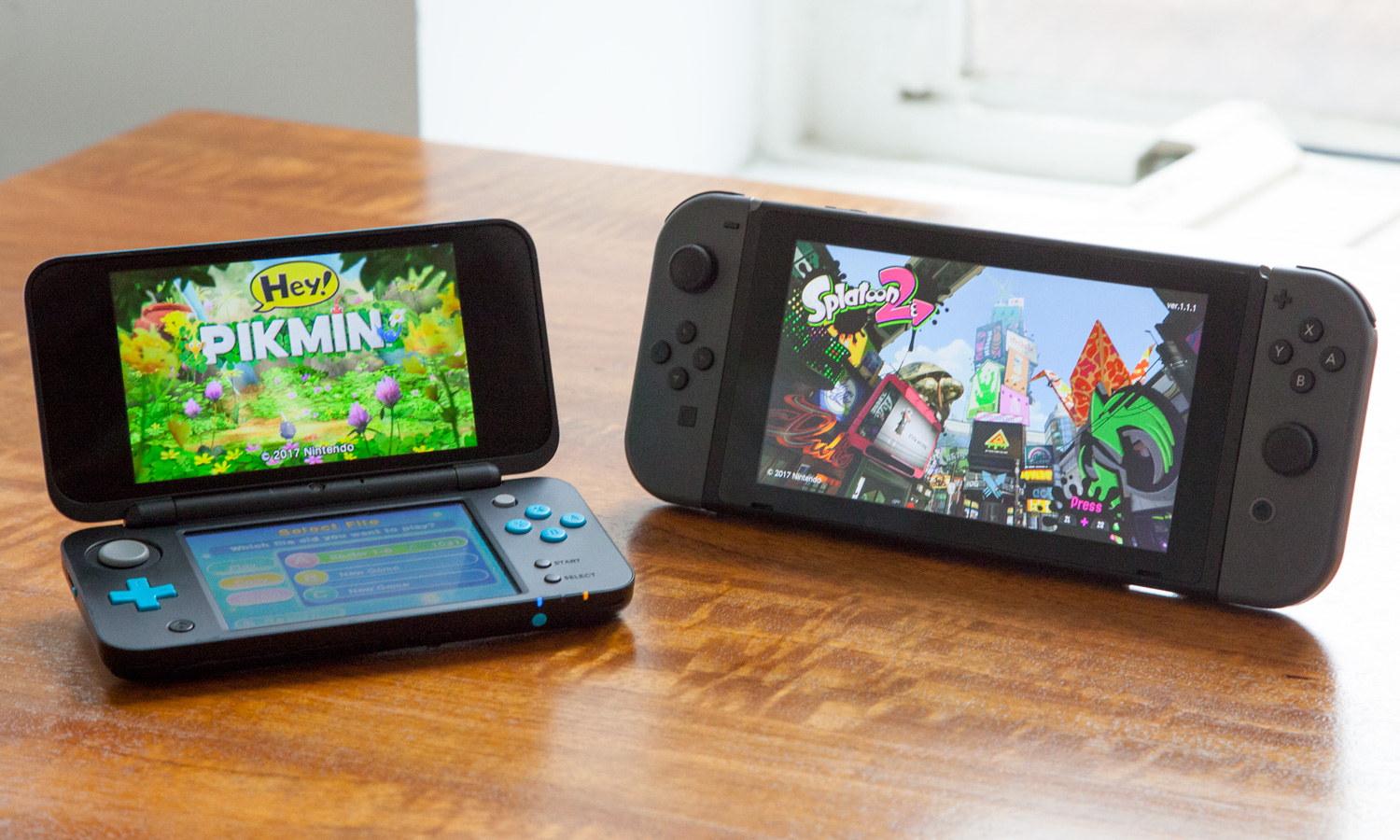
Given the massive popularity of the Nintendo Switch, you would think that Nintendo is getting ready to pull the plug on the 3DS. But the company's dedicated handhelds continue to thrive, getting a steady stream of new games and even a slick hardware refresh in the New 2DS XL.
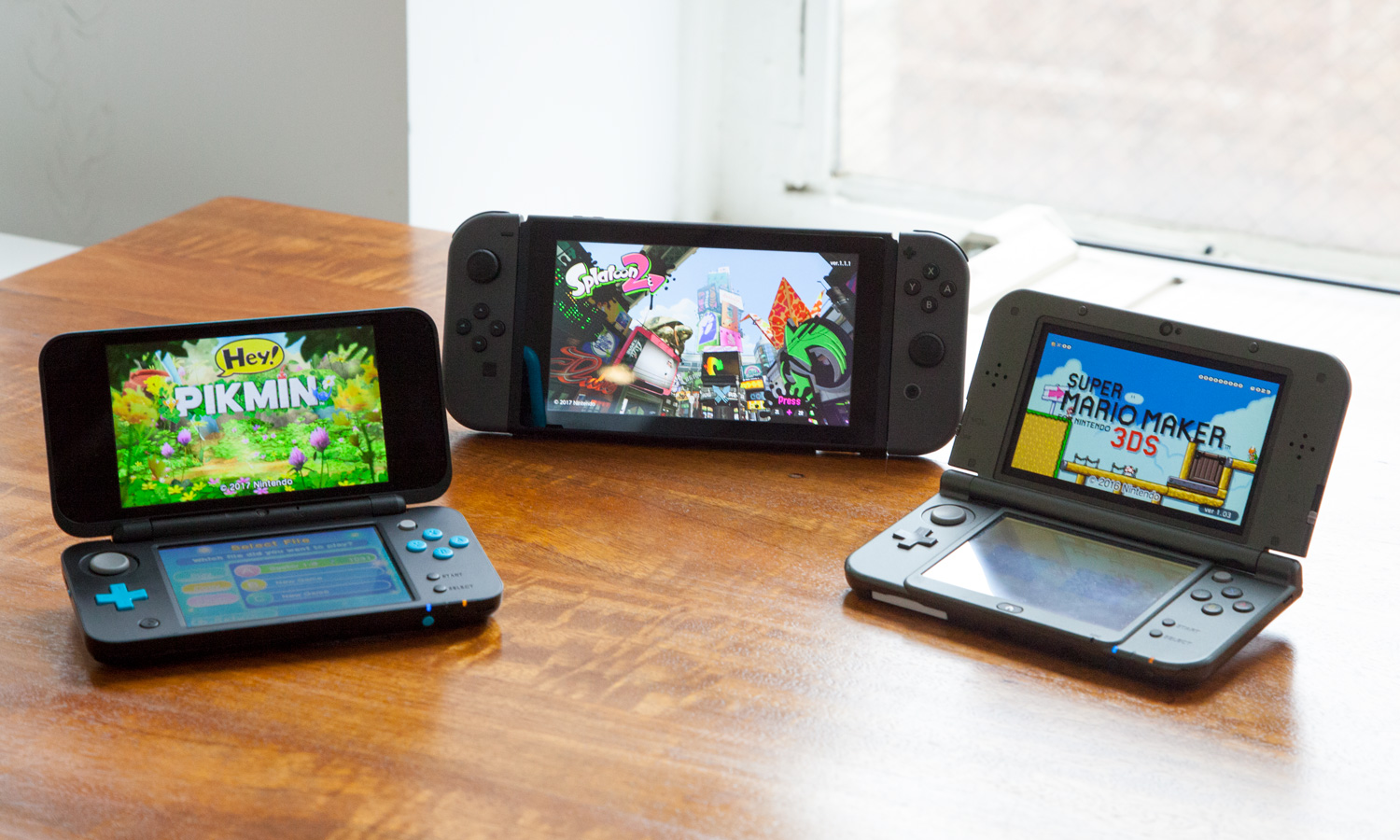
If you're a Nintendo fan, this puts you in a tricky spot. Do you get the hot new $299 console that plays games both on your TV and on the go? Or the more affordable handheld that has one of the best game lineups of all time?
To help you make that choice, we've broken down how the Switch, 2DS and 3DS stack up against one another, factoring in everything from portability and game library to what you can do with them when you're not gaming.
Hardware
Nintendo's Switch and 3DS line are both portable, but that's about where the similarities end. The Switch is a home console/handheld hybrid that connects to your TV via a dock, making it your only option for playing current Nintendo games on your TV in full HD.
| Nintendo Switch | Nintendo 2DS | New Nintendo 2DS XL | New Nintendo 3DS XL | |
| Price | $322 Amazon | $79 Amazon | $171.54 Amazon | $199 Amazon |
| Size & Weight | 9.4 x 4 x 0.55 inches, 14 ounces | 5 x 5.6 x 0.8 inches, 9.2 ounces | 6.4 x 6.3 x 0.8 inches, 9.2 ounces | 6.8 x 6.3 x 0.8 inches, 11.6 ounces |
| Display | 6.2-inch touch display, 1280 x 720 (outputs to 1080p when docked) | 3.53 x 3 inch 2D display, 400 x 240 | 4.88 x 4.18 inch 2D display, 400 x 240 | 4.88 x 4.18 inch 3D display, 800 x 240 |
| Game Library | Nintendo Switch games | 3DS games, DS games | New 3DS exclusives, 3DS games, DS games | New 3DS exclusives, 3DS games, DS games |
| Storage | 32GB (expandable via microSDHC card) | 4GB (expandable via SD card) | 4GB (expandable via microSDHC card) | 4GB (expandable via microSDHC card) |
| Amiibo Support | Yes, built-in | Yes, adapter required | Yes, built-in | Yes, built-in |
If you need to run, you can simply take the Switch out of the dock, attach the Joy-Con controllers to the sides, and enjoy the same exact game on the go, thanks to the system's built-in 720p screen. The Switch has the unique benefit of coming with local multiplayer, as you and a friend can prop the system up on a table and use each Joy-Con as a stand-alone controller.
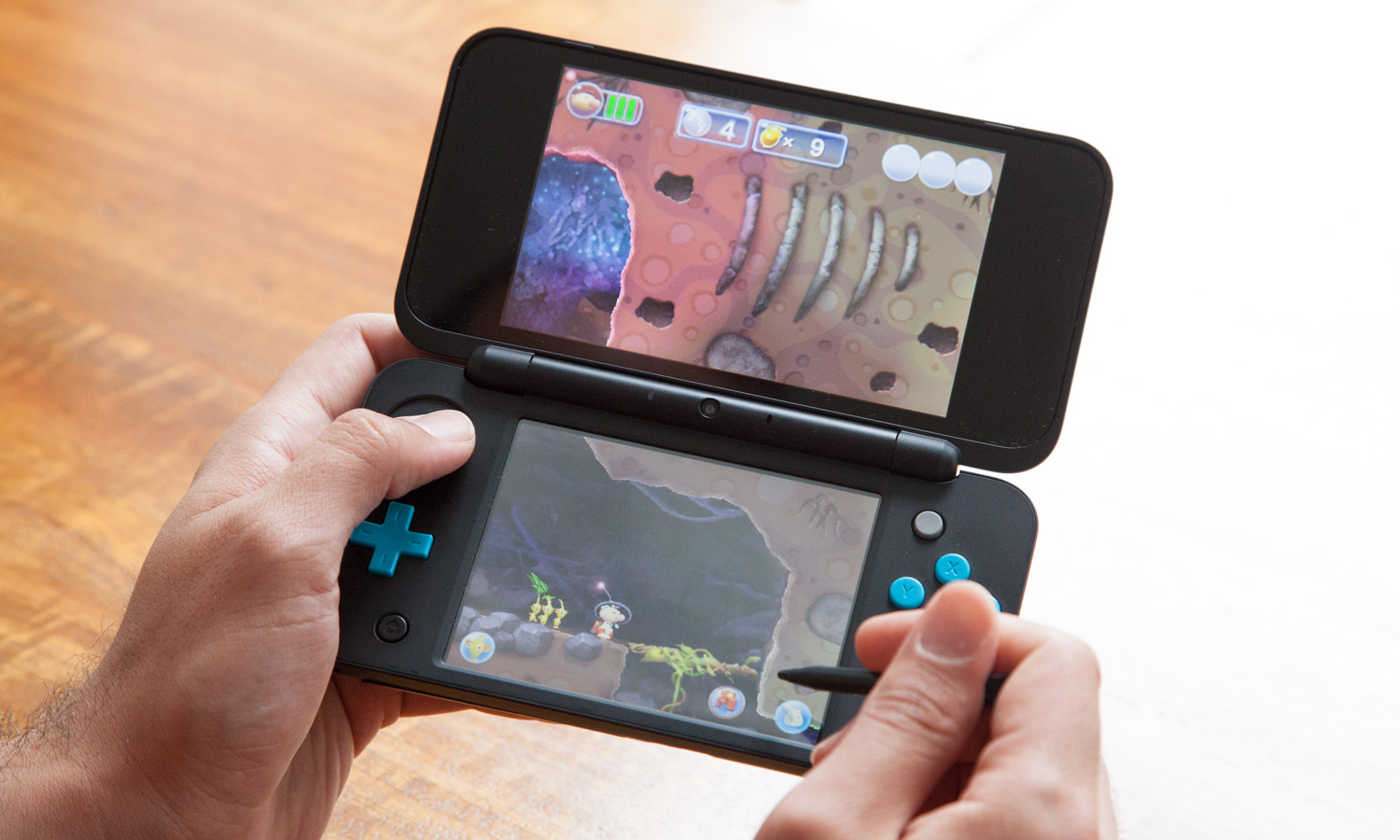
The 3DS, on the other hand, is a dedicated handheld with a dual-screen design that lets you use touch and stylus controls for many titles. The handheld's clamshell construction gives it a big advantage over the Switch regarding portability, as you can easily stuff it into your pocket instead of having to carry it around in a bag. The one exception is the $79 Nintendo 2DS, which has a non-foldable design ideal for kids.
Select 3DS models can play games in 3D, which is an occasionally neat trick, but one that Nintendo has de-emphasized a ton as of late. The New 3DS XL is the only member of the current lineup that actually does 3D, and many newer Nintendo games such as Pokemon Sun and Moon and Super Mario Maker don't even bother with 3D support at all.
Get instant access to breaking news, the hottest reviews, great deals and helpful tips.
Performance and Battery
Due to the 3DS' dated processor and 240p screen, games tend to look pretty basic and pixelated on the handheld. compared with the gorgeous HD experiences you'll see on the Switch. The system's slow and clunky menus make it feel more like a kids’ toy and less like a modern piece of gaming hardware.
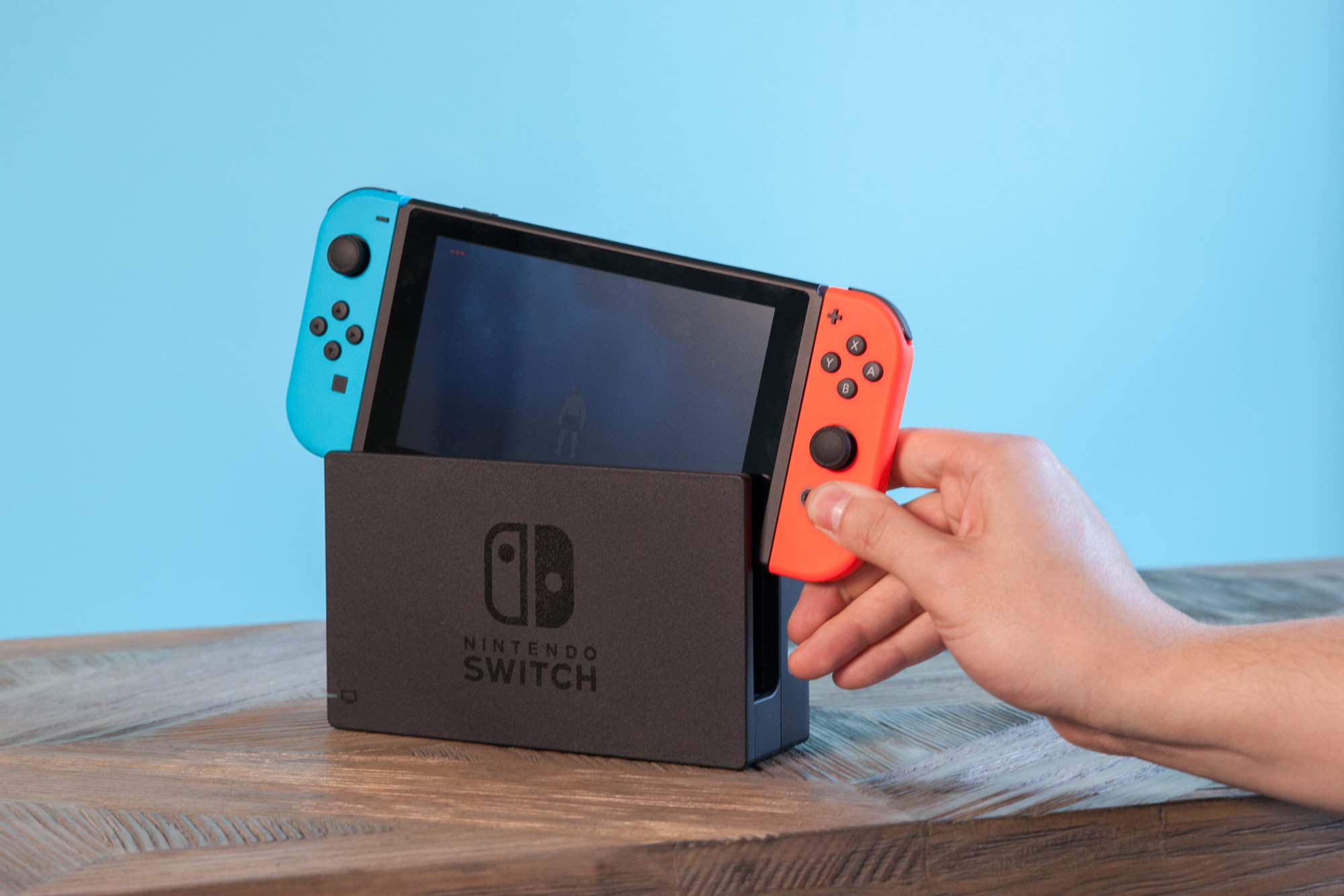
The Switch, which is powered by a special Nvidia chip, just feels more sophisticated by comparison. Its user interface is clean and snappy, and doing things like sharing screenshots to social media or checking up on your friends list feels instant and intuitive.
Nintendo says you'll get between 2.5 and 6.5 hours of battery life from the Switch, depending on what you're playing. In my experience, graphically rich games like The Legend of Zelda: Breath of the Wild and Splatoon 2 drain the battery pretty fast, while titles such as Ultra Street Fighter 2 and Minecraft don't make too big a dent.
There's no official battery estimate for the 3DS systems, but I tend to get a bit more juice out of my 3DS than I do from my Switch -- probably because the games are much less demanding.
Games and Extras
Regarding options, the Nintendo 3DS game library can't be beat. The system boasts some of the best Mario, Zelda and Pokemon games of all time, as well as other huge hits, such as Animal Crossing: New Leaf, Super Smash Bros. and Luigi's Mansion: Dark Moon.
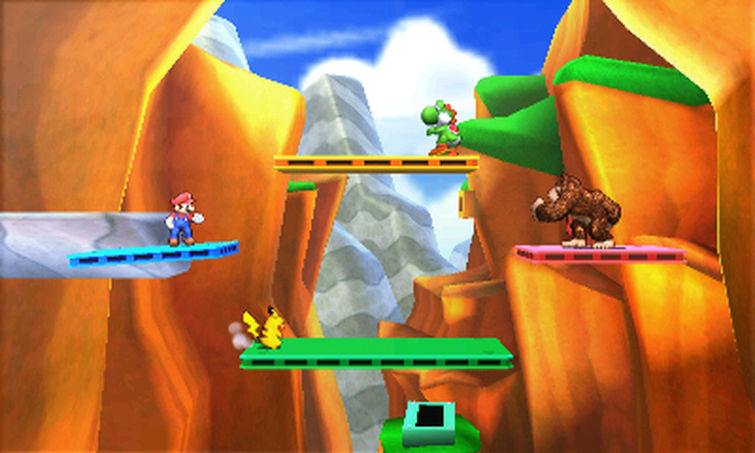
The 3DS lineup is a gold mine for fans of Japanese role-playing games, and boasts a healthy stable of indies. Nintendo's handheld lets you download a bunch of NES, SNES and Game Boy games via the Virtual Console service, as well as play just about any of your old DS cartridges. However this now has an official expiration date, so buy while you can.
The nascent Switch library is thin by comparison, but it's still got plenty of stuff worth playing. The big highlight is the stunning Legend of Zelda: Breath of the Wild, which many folks already consider one of the best games of all time. There's also Splatoon 2, Mario Kart 8 Deluxe and Arms to scratch that multiplayer itch, an excellent lineup of indie games like Shovel Knight and Thumper, and an awesome new Mario game that's right around the corner.
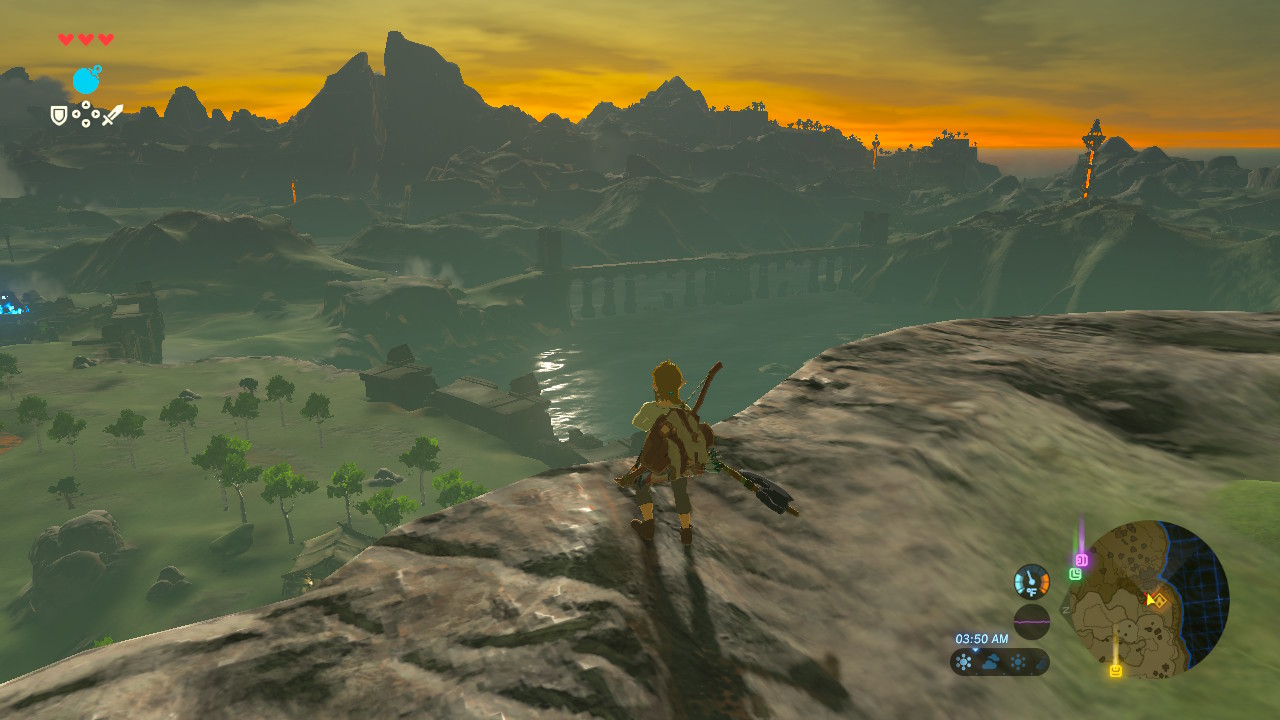
MORE: Nintendo Switch Review: How Nintendo Won Me Back
Still, there's no Virtual Console on Switch, and despite the fact that the console is essentially a tablet, it doesn't have any major streaming apps. The 3DS has access to apps such as Netflix and YouTube, but you probably won't want to watch movies and shows on a 4-inch, 240p display. Both the Switch and 3DS work with Nintendo's Amiibo toys, which unlock new content in certain games when scanned to your console.
Value and Availability
If budget is a concern, the 3DS systems are for you. Your cheapest point of entry is the $79 Nintendo 2DS, which has a non-foldable design and no 3D functionality but still plays the same fantastic library of 3DS games. Stepping up to the $149 New Nintendo 2DS XL or the $199 New Nintendo 3DS XL gets you additional controls and improved processing power while still keeping you below the Switch's $299 asking price.
Nevertheless, the $299 you pay for a Switch goes a long way. Because the Switch functions as both a handheld and home console, you're essentially getting two systems in one. And the leap in power can't be understated -- if you want to play Nintendo's biggest, best-looking games, you'll need a Switch to do so.
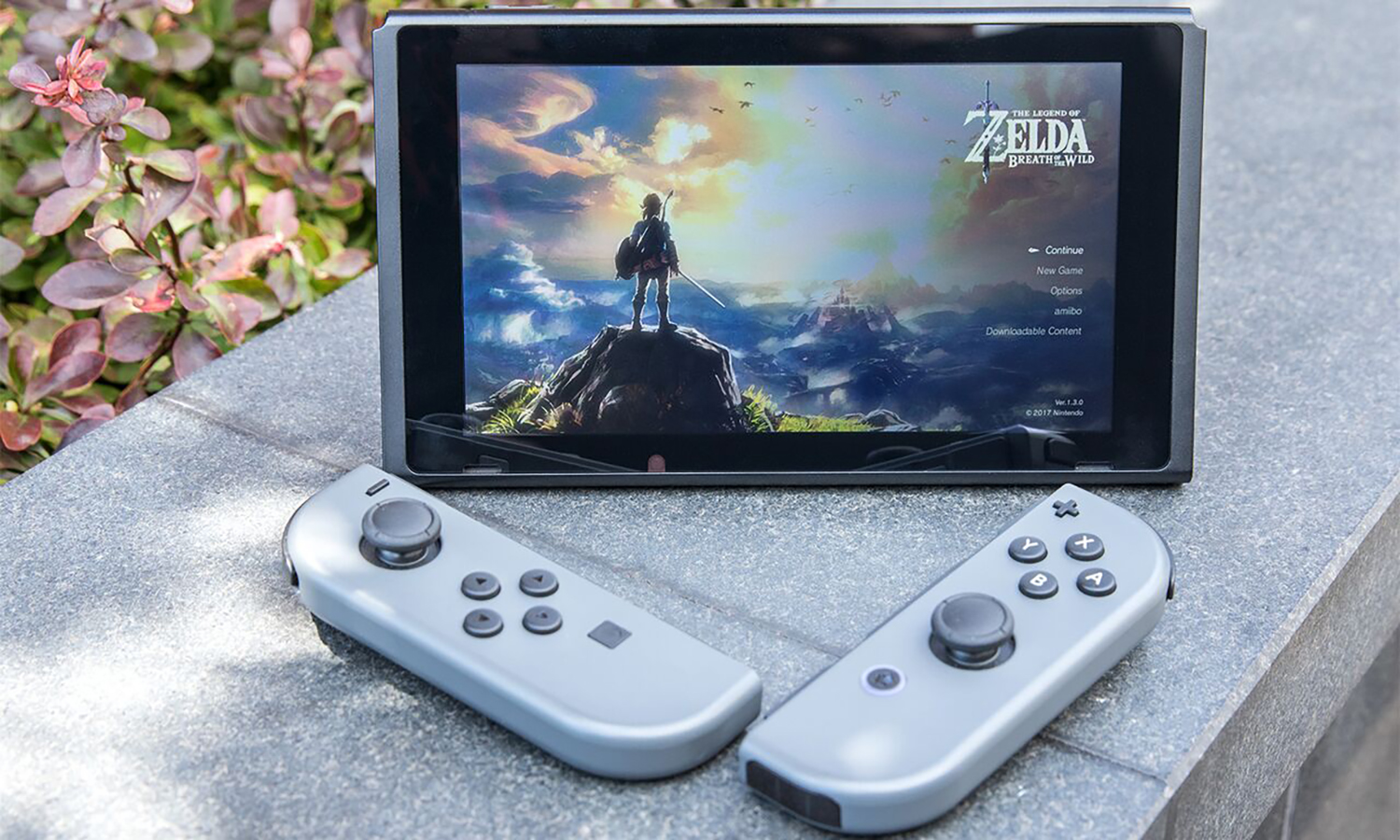
Availability is also worth factoring in. Finding a Nintendo Switch still isn't easy these days, as retailers tend to sell out the moment they get in stock. The Nintendo 3DS systems are a bit easier to find, especially now that Nintendo just refreshed the line with the New 2DS XL.
Bottom Line
The choice between a Switch and 3DS largely comes down to what kind of gamer you are. If you want a traditional console experience that you can also take on the go with you, the Switch is worth splurging for. Being able to have the same immersive experience with Breath of the Wild both on a TV and while riding a train just might be worth the price of admission alone.
MORE: Nintendo 2DS XL Review: A Fantastic Handheld at a Great Price
But if you can't throw down $300, want a wider library of games or are seeking something even more travel-friendly, there's a ton to love about Nintendo's 3DS systems -- even if they are showing their age. The 2DS and 2DS XL are especially great entry points for kids, and all versions of the handheld will keep any fan of Mario, Pokemon or Zelda busy for months on end.
Once you do settle on a system, you'll have an even harder choice of what games to play. Fortunately, we've picked out the best Switch games and best 3DS games so that you can instantly dive right into the good stuff.
Mike Andronico is Senior Writer at CNNUnderscored. He was formerly Managing Editor at Tom's Guide, where he wrote extensively on gaming, as well as running the show on the news front. When not at work, you can usually catch him playing Street Fighter, devouring Twitch streams and trying to convince people that Hawkeye is the best Avenger.
-
Shah 3D GT If you get a Handheld, I would recommend the New 3DS XL, it has 3D camera and does 3D AR (augmented reality), as well as has a glasses-free super-Stable face-tracking auto-stereoscopic 3D screen which actually doesn't give you headaches & doesn't make your eyes hurt, and you can move 120 to 140 degrees without losing the 3D effect. Almost every single game plays entirely in stereoscopic 3D on the system. Check out 3DS games release during 2013 & 2017 for some really sweet 3D.Reply
 Club Benefits
Club Benefits






